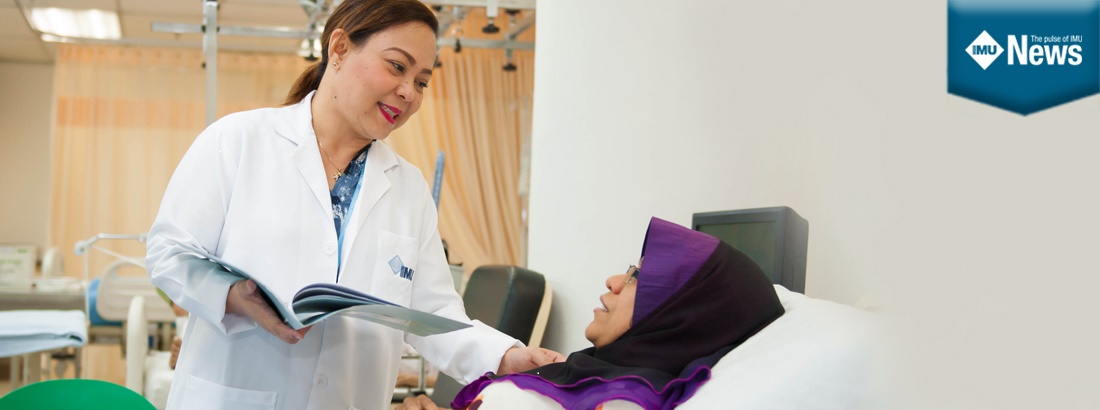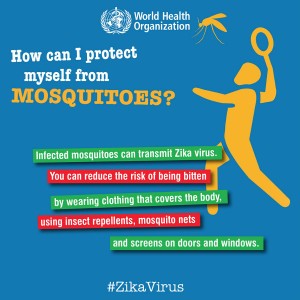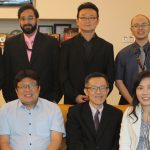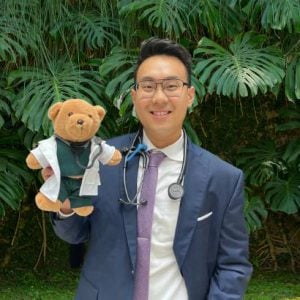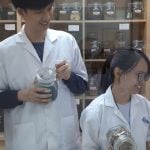Jo-Ann Belotindos from the Philippines chose to study in Malaysia because of its proximity and similarities in culture and climate. With the aim of being “a catalyst of change in the pharmacy profession through teaching”, Jo-Ann has been in academia since 2004, working as an instructor with the Southwestern University PHINMA in Cebu City. Jo-Ann brings her experience as a community pharmacist to her teaching and interaction with students, both of which she loves.
As a part of her Master’s study in Pharmacy Practice, Jo-Ann has conducted research on the awareness, attitudes and perception of women towards Zika virus and vaccination in the Philippines. In March 2017, the World Health Organization situation reported that the global risk for Zika had spread to areas where Aedes aegypti mosquitoes are endemic, including the Philippines. This report motivated Jo-Ann to conduct research in this field. In March 2012 Zika virus infection had been detected in a 15-year-old boy in Cebu City. The Philippines Department of Health reported that the first confirmed local transmission occurred in September 2016, and as of February 2017, there were 57 reported Zika infections in the Philippines.
Dengue and Zika virus infections have similar symptoms, and both viruses are transmitted by Aedes mosquitoes. A dangerous complication of Zika infection in pregnancy is microcephaly, a much smaller head size in a new born baby, or when the baby’s head stops growing after birth. Jo-Ann’s research showed a need for public health interventions that focus on protection against Zika virus infection and transmission among Cebuanos, especially in the religio-social context of the Philippines. Sharing her experience conducting research at her home country, Jo Ann said that “IMU supported my research all the way from the approval of my proposal, the research grants, learning resources and the supervisors who assisted me all the way to complete my research. I have learned a lot doing this research. Although it’s done in my country, there is still that challenge on my part that tests your patience, and demands skills in dealing with people from different walks of life. Doing this research made me realise the importance of how such research be able to help the community. I learned not just the methods of research and the statistical analysis but the importance and its contribution to mankind. Since my study is a survey type and very much related to public health, this research is beneficial to the public since this is also a way to disseminate information about the Zika virus and its complications.”
“The results of my research is important for the people to know and be aware of Zika virus, how it is acquired and prevented. From this, I can also contribute to public health to disseminate important information on health issues and also show the world that pharmacy services are not just about medicines but going beyond.”
“My aim is to share the knowledge to my colleagues in order to meet the demands and changing health care needs of every individual and to bring a change in the outlook of people in the Philippines towards pharmacists. Since I am in the academia, I can share the knowledge and skills I acquire with my colleagues so that we can make a change to meet the demands of the changing healthcare needs not just locally but globally. And to my students for them to be globally competitive and prepare them to be industry-driven professionals”.




